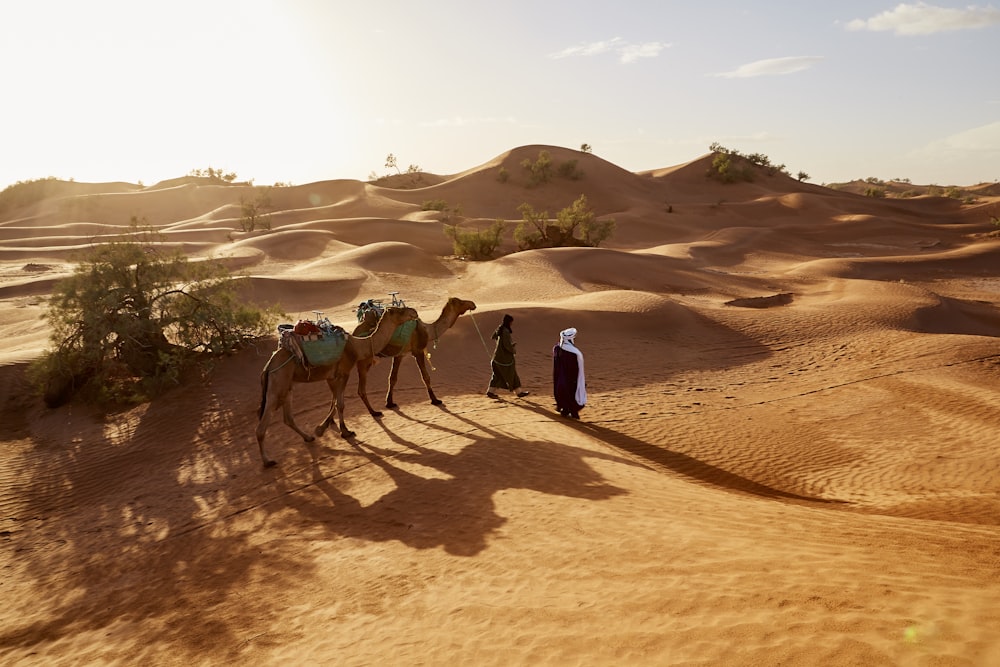These articles are the product of a labor of love. I
write these in the fear of God and the love for the church. Since God has
spoken and acted in history and has left us the inspired record of these
events, it is our solemn duty and pleasure as His children to study to be
diligent to present ourselves approved to God as workmen who do not need to be
ashamed, accurately handling the word of truth (cf. 2 Tim 2:15). Find more
resources at www.fbcroxana.com.
God’s people
are marked by prayer. We appeal to Him based on who He has revealed Himself to
be and on what He has done for us. He is the almighty God. He is perfectly holy
and righteous. Those who love God are being transformed into the image of Jesus
Christ, His Son so that they love the things that God loves and hate those
things that God hates. Therefore, we groan on account of the sin that fills
this world, because we long for the day when the earth will be filled with His
righteousness. This is why the Lord’s prayer begins with the petitions that
God’s name would be hallowed, His Kingdom come, and His will be done.
Thus, this
prayer is a prayer that every believer should pray. For this reason, it was
used by the choir director for corporate singing.
For
the choir director; for flute accompaniment.
A
Psalm of David.
First, David
writes of his determination to pray.
1
Give ear to my words, O LORD,
Consider my groaning.
2
Heed the sound of my cry for help, my King and my God,
For to You I pray.
We can be
assured that God hears prayer. Jesus and the apostles assured us over and over
that God hears and answers the prayers of His people. Who are the ones that He
hears and answers? Here, it is those who have sworn their allegiance to Him as
King and who bow to Him alone as God. Believers come into His presence with
confidence that He will give ear to their words and consider their groanings
and heed their cry for help. For He is a great King and a powerful God. He
knows all, and will deal kindly with those who trust in Him.
Since God is
the sovereign King to whom believers appeal, David determines to persist in
prayer and wait for the answer:
3
In the morning, O LORD, You will hear my voice;
In the morning I will order my prayer to You
and eagerly watch.
Morning by morning,
David said that his prayer would rise up to the LORD. And morning by morning,
he would eagerly watch for God’s answer. This is the pattern that the Bible
sets for trusting prayer: persistence and expectation. We pray and we watch.
And we continue to do so, for the more that we do, the more we demonstrate to
God, ourselves, and the watching world, that we depend on God and trust Him to
answer prayer.
Why does
David turn His prayer to God so persistently?
First,
because of God’s character:
4
For You are not a God who takes pleasure in wickedness;
No evil dwells with You.
5
The boastful shall not stand before Your eyes;
You hate all who do iniquity.
6
You destroy those who speak falsehood;
The Lord abhors the man of bloodshed and
deceit.
Biblical
prayer is also according to the will of God, and God’s will is consistent with
who He is. The Scripture reveals God as holy. He is light, and in Him no
darkness dwells (1 John 1:5). He cannot tolerate wickedness, for no evil dwells
with Him. Because of that, the boastful and doers of iniquity and liars and
murders are abhorred by Him. They will not live before Him. David persists in
His prayers, for He is praying that God’s holiness, righteousness, and justice
would be brought against the wicked. He earnestly desires that those who rebel
against God would be judged. David sees the wickedness and iniquity of the
world as they persist in doing those things that God hates, and he is agitated
in his spirit, for He loves God’s character and cannot bear to see sin and
iniquity persist.
Second,
David turns His prayer to God so persistently because of God’s grace:
7
But as for me, by Your abundant lovingkindness I will enter Your house,
At Your holy temple I will bow in reverence
for You.
God bestows His
lovingkindness upon those whom He chooses that they would enter into His
presence to worship Him. He recognizes that it is only because of God’s
lovingkindness that He is able to bow before God. David knows that he is not
righteous in himself, but that righteousness bestowed by God through faith. We
know, with the fullness of revelation, that righteousness comes from God on the
basis of the propitiation of His Son, Jesus Christ, who died for the sins of
the world. Through faith, we are justified, declared righteous before God, so
that we may approach Him and serve Him. It is because of this that David
determines to persist in prayer and eagerly wait.
Now we move
from the determination to pray to the contents of the prayer.
There are
eight petitions that David makes to the LORD.
8
O LORD, lead me in Your righteousness because of my foes;
Make Your way straight before me.
How we must
pray this prayer: to be kept in the ways of the LORD and to not succumb to
temptation or the wiles of the evil one. When we are surrounded by the wicked,
we must petition the LORD to keep us from their ways and to protect us against
their actions. For:
9
There is nothing reliable in what they say;
Their inward part is destruction itself.
Their throat is an open grave;
They flatter with their tongue.
In their
speech, they seek to entrap the godly. But David prays,
10
Hold them guilty, O God;
By their own devices let them fall!
In the multitude of their transgressions
thrust them out,
The basis on
which David makes these petitions is God’s holiness:
For they are rebellious against You.
They live in
contradiction to the perfection of God, and though they know His ways, they do
those things which are wicked in His sight.
11
But let all who take refuge in You be glad,
Let them ever sing for joy;
And may You shelter them,
The purpose
that David asks that those who take refuge in God be made glad and joyful
through His shelter is:
That those who love Your name may exult in
You.
12
For it is You who blesses the righteous man, O Lord,
You surround him with favor as with a shield.
Because God
is who He is, He loves the righteous and surrounds them with His favor and
blessing. All of those who love Him as He is and trust in Him will be saved,
for He sent His Son to die for their sins. But the wicked will receive
condemnation. He will hold them guilty, let them fall, and thrust them out in
the multitude of their transgressions and by their own devices, since they are
rebellious against Him.
Conclusion
When the
people of the LORD cry out to Him, He hears them and knows their groaning. God
heeds the sound of their cries for help, for He is their King and their God.
What a great King He is, for He hears the prayers of His saints. May the church
commit herself to lift up their prayers to Him in the morning and eagerly
watch. O that the church would be devoted to knowing who God is, and what He
desires. O that the church would know God’s holiness and His abhorrence of
evil. Would that the church would despise sin and yearn for the day when it is
eradicated. And O that the church would have its eyes set upon the blessed hope
that God will protect and bring them into His eternal Kingdom.


